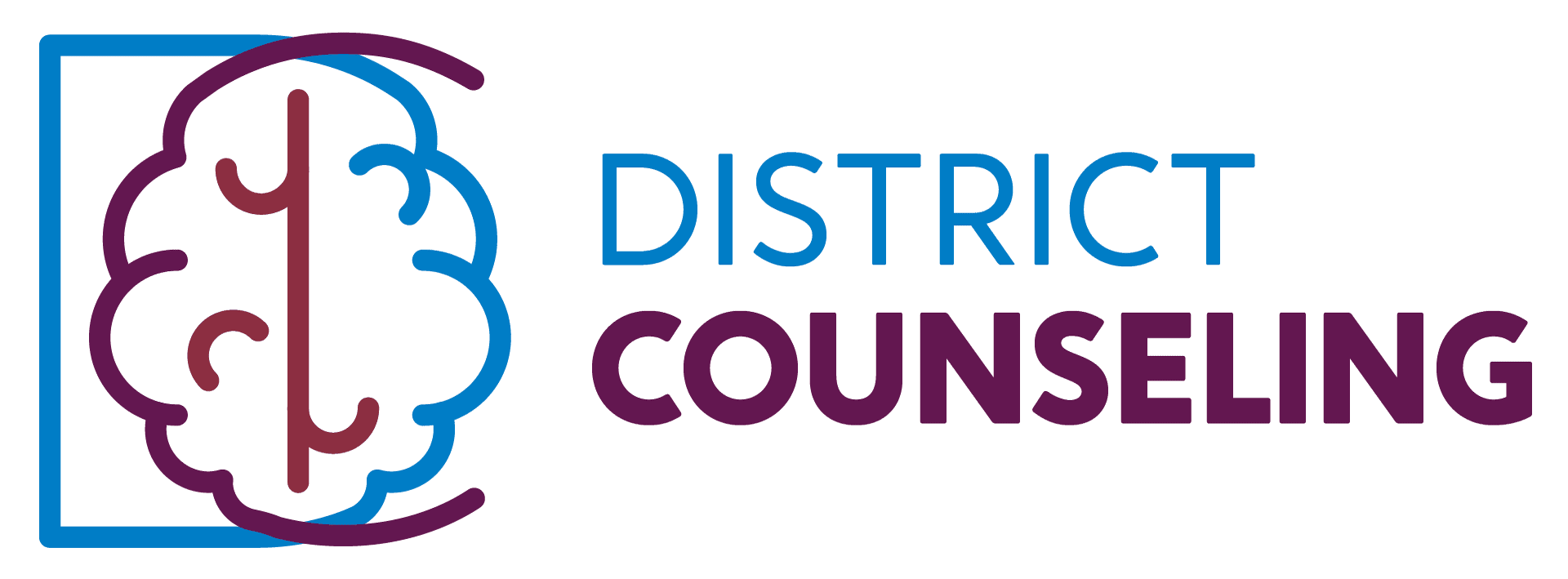The Importance of Psychological Evaluation in Immigration Waiver Process
Immigration is one of the most debated and challenging topics in current politics. As immigration laws tighten, the number of waivers increases, which requires extensive documentation and evidence of hardship that will be caused if the applicant is denied immigration benefits. Psychological evaluations have become an integral part of these cases, as mental health plays a crucial role in how individuals cope with the stresses of the immigration process and how they are able to function in society if their case is not approved.
What is a waiver?
A waiver is an application for provisional permission to reside in the United States (U.S.) and seek admission to the country despite being otherwise inadmissible. The purpose of a waiver is to provide relief to immigrants who would otherwise be barred from entering the country due to criminal history, immigration violations, or health-related issues. Waivers can be difficult to obtain, and require extensive documentation proving that the applicant meets the criteria for hardship.
How can a mental health evaluation help?
A mental health evaluation can help by documenting the mental and emotional state of the petitioner or beneficiary, and how their mental health may be impacted by the immigration process. This can be particularly important when the hardship claim is based on emotional distress caused by separation from family members or a fear of persecution in the future upon return to their home country. A mental health evaluation can provide healthcare professionals with detailed information about the individual’s ability to cope with stress, anxiety, depression, and other mental health conditions that may be impacting their ability to function.
Who is considered the petitioner and beneficiary?
In an immigration waiver process, the petitioner is usually a U.S. citizen or permanent resident who is sponsoring their partner, spouse, or family member for immigration benefits. The beneficiary is the individual seeking admission to the U.S. via the petitioner’s sponsorship. The petitioner must prove that their spouse or family member would cause them significant hardship if they were not granted a waiver.
Our team of experts will assess potential hardships a petitioner will have should the beneficiary not be approved.
Our team of experts is dedicated to providing comprehensive psychological evaluations to ensure that you have the strongest case possible. Our mental health professionals will assess the petitioner’s mental and emotional state to document any existing mental health conditions, and how those conditions could be impacted by the separation from their spouse or family member. We will also assess the beneficiary’s mental and emotional state to provide healthcare professionals with detailed information about their ability to cope with stress, anxiety, depression, and other mental health conditions that may be impacting their ability to function in a new country.
Immigration law can be incredibly complex and challenging to navigate. A mental health evaluation can play a crucial role in the outcome of an immigration waiver case. At our clinic, we are committed to providing the highest level of care to ensure that your case is as strong as possible. Our team of mental health professionals has the expertise and experience to provide the documentation and evidence necessary to support your case, and we are dedicated to helping you achieve the best possible outcome. Please don’t hesitate to contact us to schedule an appointment if you’re in need of a psychological evaluation for an immigration waiver process.

